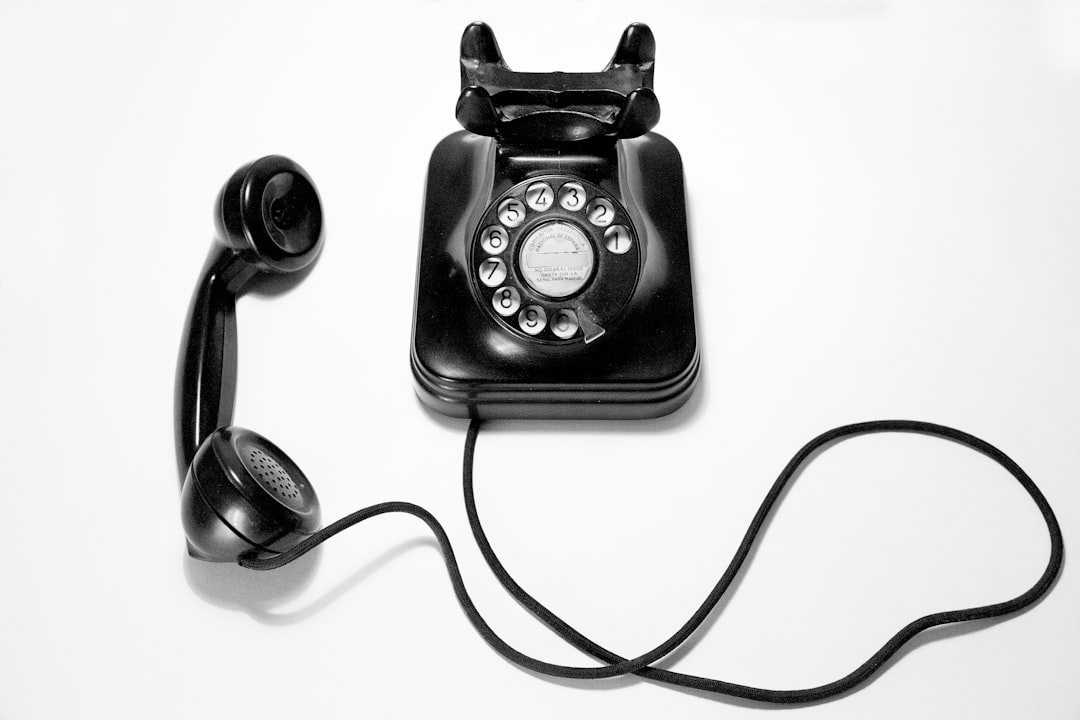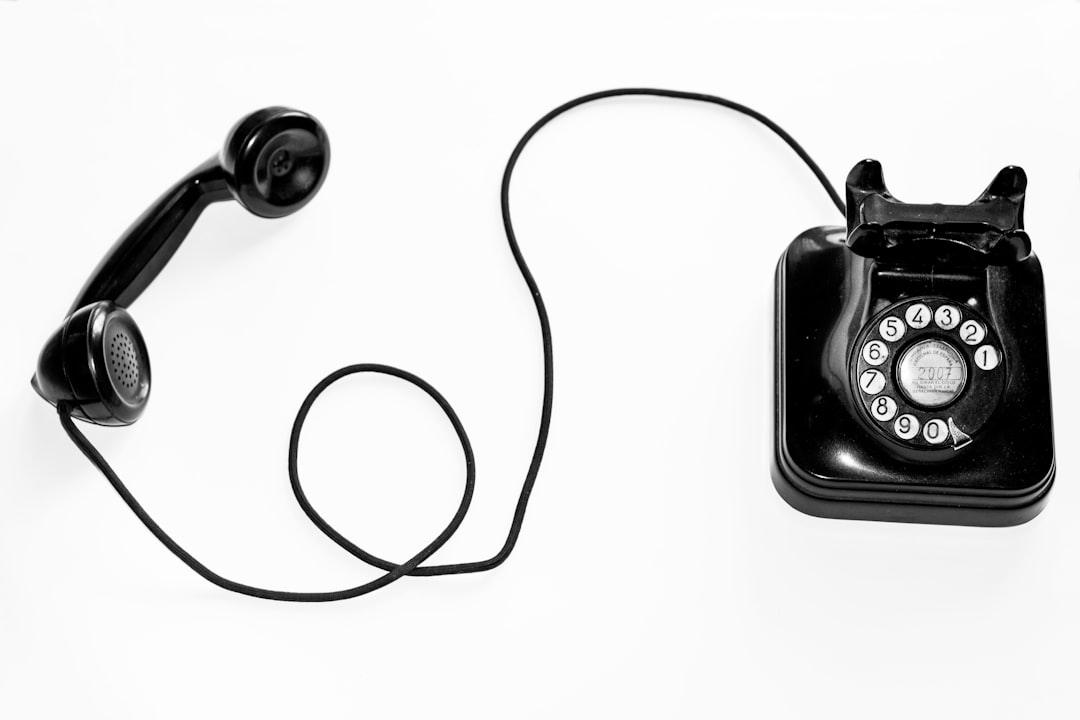Consumer advocacy groups in Illinois have been instrumental in shaping public policy related to autodialers. They've successfully lobbied for stricter do-not-call lists, improved consent mechanisms, and enhanced transparency in automated dialing technology usage. This has led to the growth of specialized autodialer lawyers and law firms, who ensure businesses respect consumer consent and privacy rights while navigating complex legal terrain. The regulatory framework balances consumer protection with business needs, preventing unwanted calls and safeguarding privacy. These efforts have significantly shaped Woodstock Autodialer Laws, influencing national legislation by demonstrating the power of consumer advocacy in creating fair data handling practices.
Consumer advocacy groups play a pivotal role in shaping legislation, especially regarding emerging technologies. In the case of autodialers, these groups have been instrumental in influencing Woodstock’s autodialer laws. This article delves into the world of consumer advocacy, exploring their impact on autodialer regulations in Illinois. We examine the concerns surrounding autodialer technology, the regulatory framework in place, and how advocacy efforts led to significant changes. Discover the power of consumer voices in defining the legal landscape for autodialer lawyers and attorneys across Illinois.
Understanding Consumer Advocacy Groups: Their Role and Impact
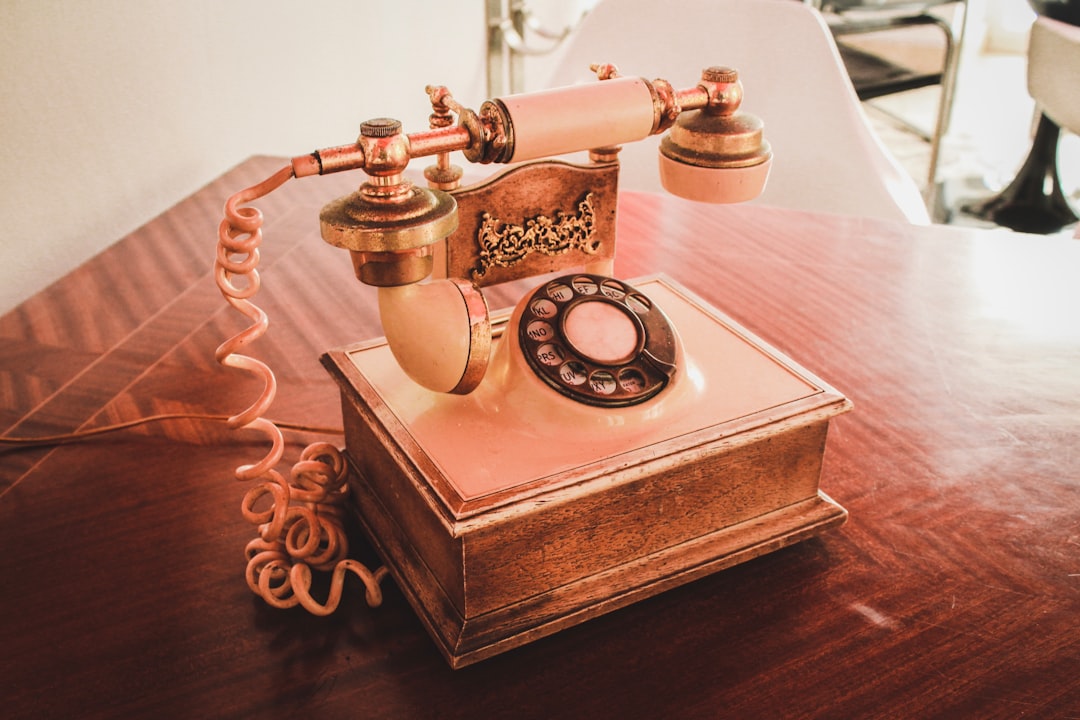
Consumer advocacy groups play a pivotal role in shaping public policy and protecting consumers’ rights. These organizations are composed of individuals who share common concerns about various aspects of daily life, such as healthcare, finance, and communication services. In the context of autodialer laws, consumer advocacy groups have been instrumental in ensuring that businesses adhere to ethical practices when using automated phone systems, like those used for marketing or customer service purposes.
In Illinois, where there is a growing demand for autodialer lawyer services, these groups have lobbied extensively to pass and strengthen regulations surrounding autodialers. Their efforts have resulted in more stringent do-not-call lists, improved consent mechanisms, and enhanced transparency in how businesses use automated dialing technology. With the help of dedicated autodialer attorneys and law firms in Illinois, consumers can now better protect themselves from unwanted phone calls and ensure their privacy is respected.
The Rise of Autodialer Technology and Consumer Concerns
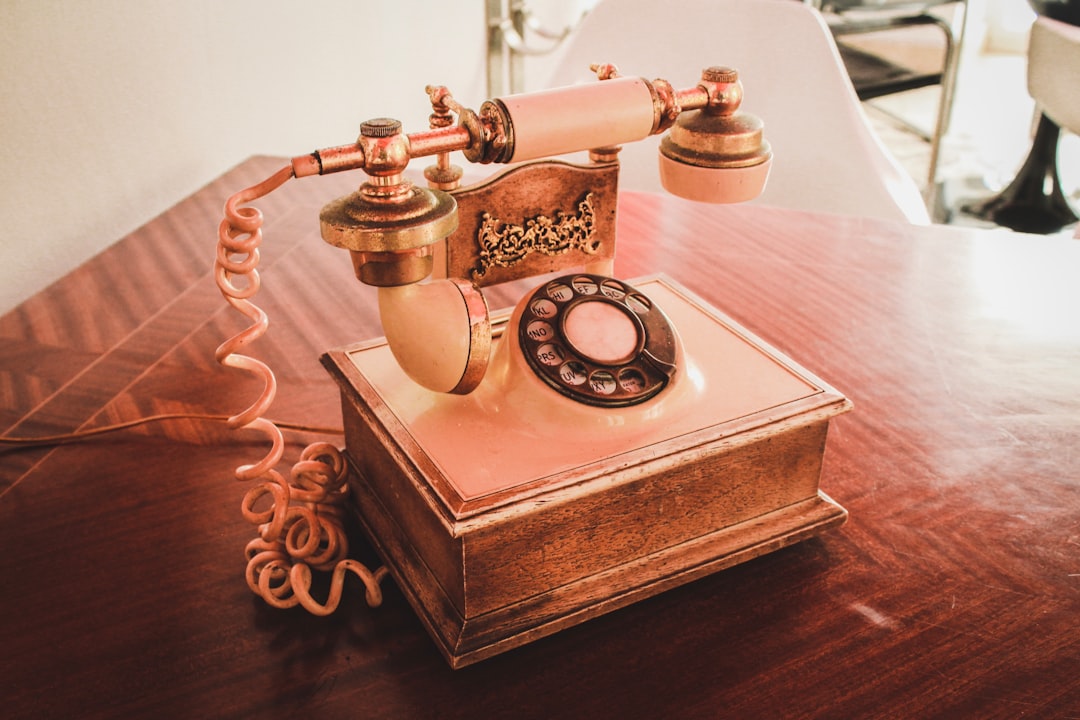
The rise of autodialer technology has significantly transformed communication methods in various industries, including marketing and customer service. This innovative tool allows businesses to automatically place outgoing calls en masse, offering efficient marketing strategies and improved customer engagement. However, with great power comes great responsibility. As autodialers became more prevalent, consumer concerns regarding privacy, consent, and unwanted calls escalated. Many individuals found themselves inundated with robocalls, leading to frustration and a growing demand for regulations to protect their rights.
Consumer advocacy groups played a pivotal role in highlighting these issues and advocating for changes in the law. With the increasing number of autodialer lawyers and law firms in Illinois specializing in this area, consumers gained a powerful ally in their fight for justice. These legal professionals have been instrumental in shaping the regulations surrounding autodialer usage, ensuring that businesses adhere to strict guidelines regarding consumer consent and privacy protection.
Illinois' Regulatory Framework for Autodialers: A Snapshot

In Illinois, the regulatory framework governing autodialers is designed to balance consumer protection with business needs. The state’s laws aim to prevent unwanted telephone solicitations while allowing legitimate marketing efforts. An autodialer lawyer in Illinois or an autodialer attorney from a reputable law firm can help businesses navigate this intricate legal landscape. They ensure compliance with rules set by the Illinois Attorney General, which includes obtaining prior consent for automated calls and providing opt-out mechanisms to recipients.
For consumers, these regulations offer a shield against nuisance calls, ensuring their privacy and peace of mind. The laws also empower individuals to take action against violators through legal channels, backed by autodialer lawyers in Illinois. This comprehensive approach fosters a fair market environment, where businesses can thrive while consumers remain protected from intrusive marketing tactics.
How Advocacy Groups Influenced Woodstock Autodialer Laws

Consumer advocacy groups played a pivotal role in shaping and influencing Woodstock Autodialer Laws. These organizations, comprising dedicated autodialer attorneys and lawyers for autodialer Illinois, tirelessly worked to protect consumers from intrusive marketing practices. Their efforts resulted in stricter regulations that limited the use of automated dialing systems, ensuring residents’ privacy and peace of mind.
Through robust campaigns and meticulous legal strategies, these advocacy groups brought attention to the potential harms caused by unsolicited phone calls. They advocated for transparent consent mechanisms and fair data handling practices, ultimately leading to the enactment of laws that autodialer law firms in Illinois could rely on. This collaborative work demonstrates the significant impact consumer advocates can have on legislative decisions regarding modern technologies like autodialers.
The Future of Autodialer Legislation: Lessons from Illinois
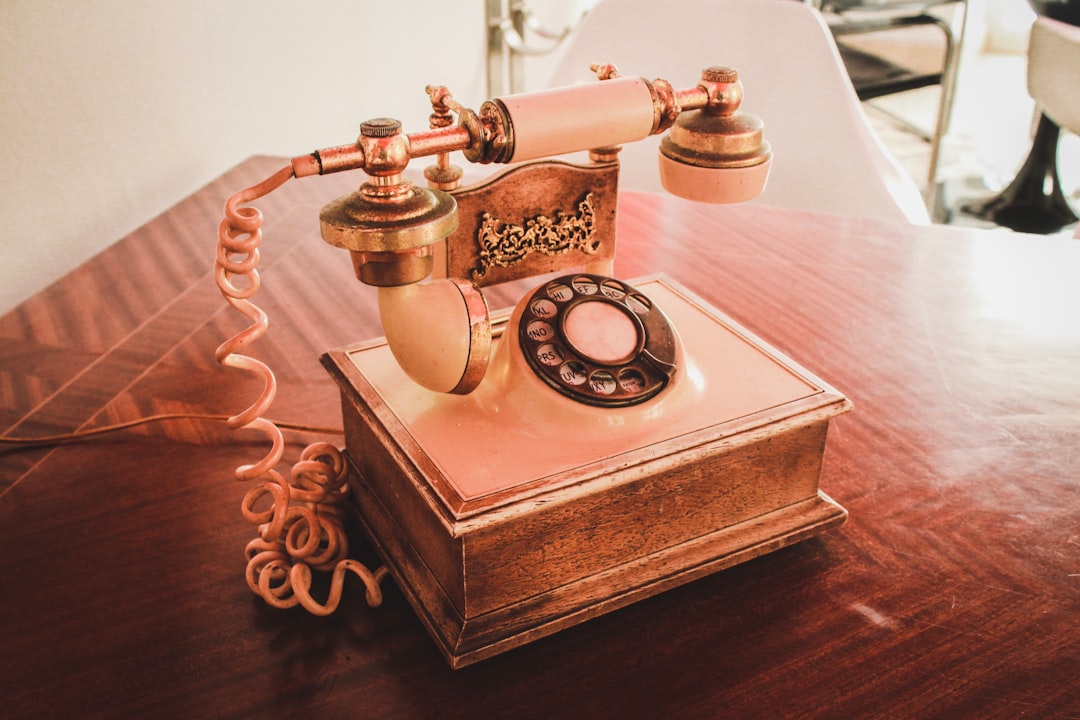
As consumer advocacy groups continue to push for stricter regulations on autodialers in Illinois, the future of autodialer legislation across the country remains in flux. Lessons from Illinois highlight the importance of balancing innovation with consumer protection. The state’s approach has shown that effective laws can curb excessive automated calls while still allowing businesses to operate and grow.
By studying these developments, other states and federal regulators can craft more nuanced policies. This involves ensuring that autodialer laws are accessible and understandable for both consumers and businesses alike. A successful framework will empower consumers with greater control over their communication preferences while fostering a fair and competitive market environment for legal autodialing practices.
